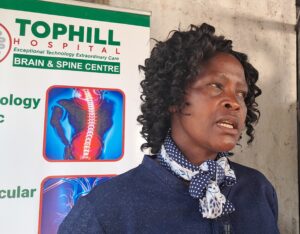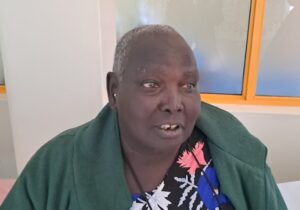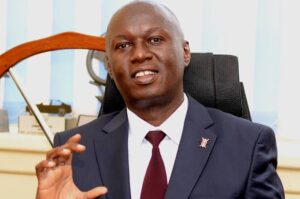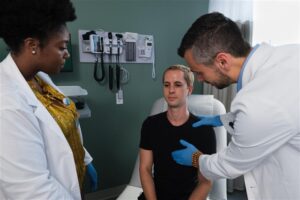Is There Need to Incorporate Comprehensive Sex Education Into School Curricula?

Dr. Catherine Nyongesa, a distinguished Clinical Oncologist and founder of the Texas Cancer Centre, sheds light on the pressing need to incorporate comprehensive sex education into school curricula, especially considering the critical link between sexual health education, HPV, HIV, and cancer risk.
Dr. Nyongesa passionately emphasizes that knowledge is the first line of defense against the alarming rates of cancer caused by sexually transmitted infections. Her observations were made in World Contraception Day, a day dedicated to raising awareness about sexual health and its impact on our lives.

One of the most concerning trends she highlights is the high incidence of unprotected sexual activity among young adolescents, putting them at risk for early pregnancies and contracting sexually transmitted infections such as HIV and HPV. Both of these infections have a direct link to cancer.
Human Papillomavirus (HPV) is notorious for being a leading cause of cervical cancer, a devastating disease affecting women globally. Comprehensive sex education is crucial in educating young individuals about the risk factors associated with HPV and the importance of HPV vaccination. By imparting this knowledge, sex education empowers young people to make informed choices about their sexual health, potentially preventing HPV-related cancers.
In the case of HIV, unprotected sexual activity is a significant mode of transmission. Sex education not only raises awareness about safe sex practices to prevent HIV but also addresses the stigma and discrimination associated with the virus.
This understanding can lead to early testing access to treatment and ultimately reduce the risk of HIV-associated cancers.
Dr. Nyongesa’s advocacy underscores that sex education is not just about teaching the mechanics of sex; it is a powerful tool for preventing the transmission of infections that can lead to life-threatening cancers. It equips young people with the knowledge to protect themselves and make responsible choices regarding their sexual health.
In conclusion, Dr. Catherine Nyongesa’s insights underscore the vital role of comprehensive sex education in reducing the risk of cancer caused by sexually transmitted infections like HPV and HIV. Educating our youth about these connections is an investment in their future well-being and a step towards a healthier and more informed society.”








